The Supreme Court case that could upend the Clean Water Act
If SCOTUS finds in favor of a small-town Idaho couple in Sackett v. EPA, it could end the federal government's jurisdiction over millions of acres of land.
https://reason.com/video/2023/....01/10/the-supreme-co
Everyone wants clean water, and America's public waterways haven't always been very clean.
In 1969, the Cuyahoga River in Ohio was so polluted by Cleveland's manufacturing industry that it caught on fire, which inspired a Time magazine feature describing a river that "oozes rather than flows."
In 1970, President Richard Nixon signed the National Environmental Policy Act, and later that year he established the Environmental Protection Agency (EPA) to "make a coordinated attack on the pollutants which debase the air we breathe, the water we drink, and the land that grows our food."
But in fighting to reduce the pollution of air, land, and water, the EPA has dictated to Americans what they can do on their property even when it has no clear environmental benefit or exceeds the agency's authority.
Now the agency's broad mandate, for the first time since its creation, is facing a serious court challenge. It's a case that started 15 years ago with a couple living in a small town in Idaho.
"When I was in high school, I was up there camping and fell in love with Priest Lake and just had to try and figure out how to live there," Mike Sackett told Reason in 2012.
Mike and his wife Chantell Sackett purchased a tract of land abutting an easement, which guaranteed them a prime view of Priest Lake. They planned to leverage their background in construction to build the lakefront home of their dreams. A few days into construction, the Sacketts received a surprise visit from the EPA and Army Corps of Engineers.
"They walked on to the property and said, 'you need to stop work immediately,'" says Chantell Sackett.
The government accused the Sacketts of filling in "wetlands." But the Sacketts didn't understand how a residential lot in an established subdivision with a full sewer hookup 100 yards from the lake and a county title with no indication of wetland status would qualify.
A nearby ditch drained into a stream that connected to the lake. It was separated from the lot by 30 feet of paved road. The proximity of the Sacketts' land to the ditch—in addition to the existence of a subterranean water flow discovered beneath their lot as they began construction—meant that their residential lot was a federally protected wetland, according to the EPA.
Although the Sacketts faced a fine of up to $75,000 a day for violation of the Clean Water Act and the compliance order, the EPA argued they had no right to challenge them in court until the agency actually took action to impose and collect the fine, which it could do retroactively at any time.
With this threat looming over them, the Sacketts paused construction. The EPA also wanted the Sacketts to remove the gravel they'd poured, fence in the lot, and plant foliage, but the couple refused.
"[The EPA told us], 'we want you to fence it. And then when we want you to plant these wetlands plants, and then we want you to watch it for three to five years and make notes, and we'll be able to come look at that.' And I go, 'are you kidding me?'" says Chantell Sackett. "Why would we do that? I mean, it's a lot in a subdivision…[Does the EPA] want to create a wetland?"
That was in 2012. The Sacketts' case went all the way to the Supreme Court, which ruled unanimously that the EPA's compliance orders were indeed subject to judicial review, meaning the agency couldn't retroactively fine the Sacketts for being in violation of the order as the court challenge was adjudicated.
Ten years later, the Supreme Court is taking up the next part of that case: a challenge to how the agency defines a "wetland."
Produced by Zach Weissmueller; edited by Danielle Thompson; additional graphics by Isaac Reese; sound mixing by Ian Keyser
Music credits: "Turning Tides" by Letra via Artlist; "Several" by Melancholicks via Artlist; "Grey Shadow" by ANBR via Artlist; "The Other Side" by ANBR via Artlist; "Dark Hollows 7" by G-Yerro via Artlist; "Dark Hollows 11" by G-Yerro via Artlist; "Campfire" by Aleksey Chistilin via Artlist; "Solace - Instrumental Version" by Roniit via Artlist; "Internal Joy (Reprise)" by Bennett Sullivan via Artlist
Photo credits: Pacific Legal Foundation; Eric Lee - Pool via CNP/CNP / Polaris/Newscom; Graeme Sloan/Sipa USA/Newscom; SIPAUSA POOL/SIPA/Newscom; Chuck Kennedy/KRT/Newscom; Charles Trainor Jr./TNS/Newscom; Greg Lovett/ZUMA Press/Newscom; CNP/AdMedi/SIPA/Newscom
0



 Styxhexenhammer666
Styxhexenhammer666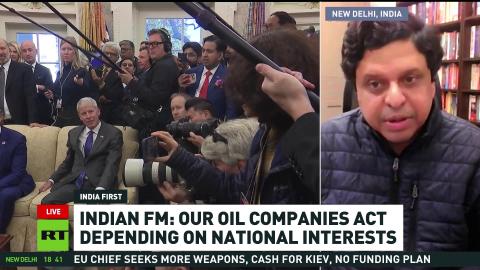
 RT
RT

 TheQuartering
TheQuartering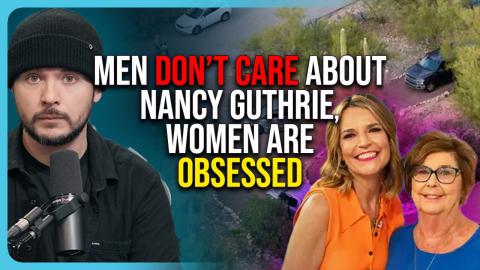
 Timcast IRL
Timcast IRL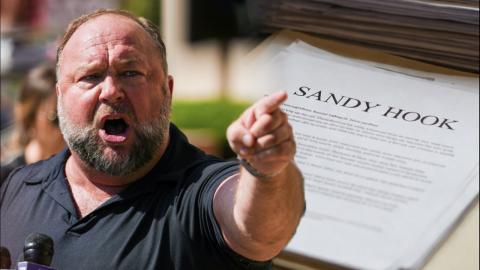
 The Alex Jones Show
The Alex Jones Show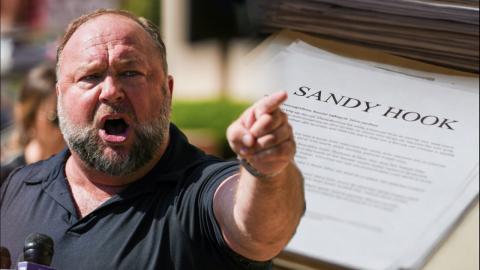
![Ep 3839b - [DS] Deep Panic Over The Save Act, People Are Rising Up Against The True Enemy](https://cdn.mgtow.tv/upload/photos/2026/02/99fec7fb15a7117a8fe373e236a90afb1e8aa33eBwh2VIztQZCdXEoBWBUY.video_thumb_high.jpg)
 X22 Report
X22 Report![Ep 3839b - [DS] Deep Panic Over The Save Act, People Are Rising Up Against The True Enemy](https://cdn.mgtow.tv/upload/photos/2026/02/af2fea0a0a229fb37631b430a7b33822740ccf0eDxzSWvHZQVOVLpvR9Y4J.video_thumb_high.jpg)

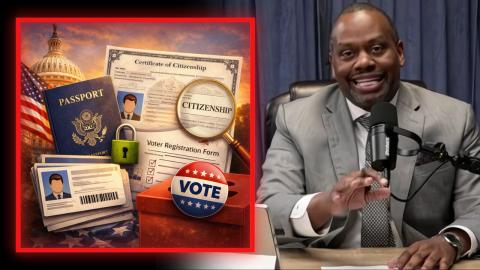

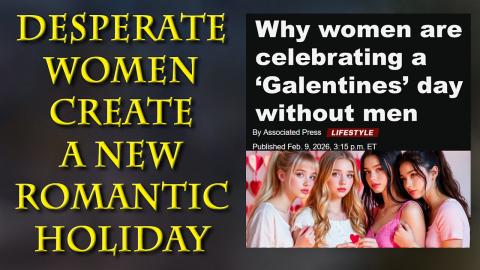
 Better Bachelor
Better Bachelor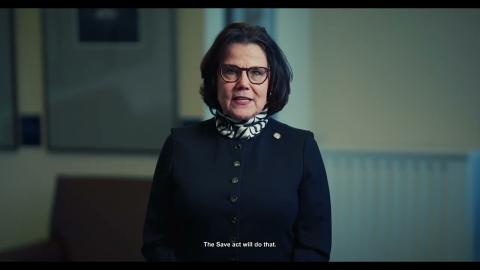
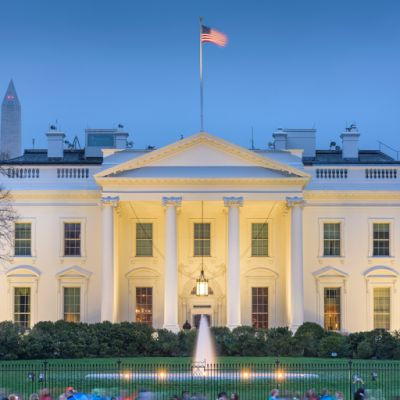 The White House
The White House
 AaronClarey
AaronClarey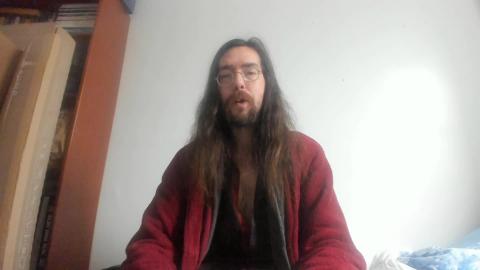

 RedKnight
RedKnight
 Russell Brand
Russell Brand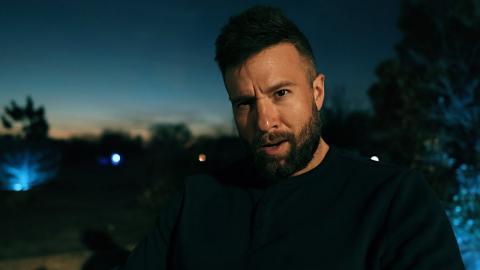
 LFA
LFA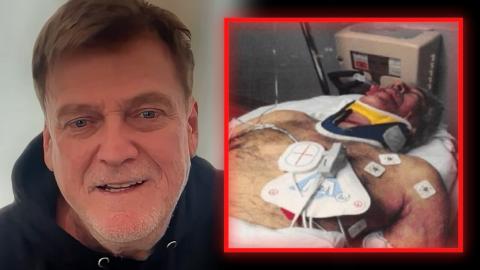
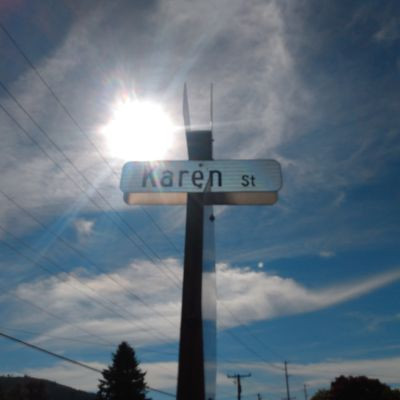


Log in to comment
Good. I say just end all federal agencies and their ability to redefine words, laws, and punishments. Just end them and hold them accountability. Take away their immunity.
It's about fucking time that somebody puts a choke hold on the EPA!